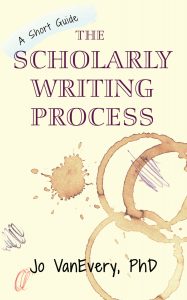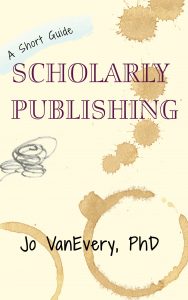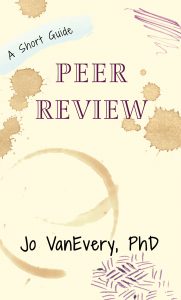It saddens and frustrates me that so many scholars lose sight of how meaningful their academic work is (or was) for them in the face of external pressures.
Too often the collective process of advancing knowledge has been obscured by competitive pressures that lead to bullying and a distraction from the work itself to focus on metrics and “stars”. It also contributes to an epidemic of overwork, self-doubt, and burnout even amongst those scholars who are in secure academic positions.
From my perspective, you write and publish not because you have to, but because you do research that is important and meaningful, and you want to engage in conversations with other scholars about what you have learned by doing it.
You want other scholars in your field to take seriously the things that you take seriously.
And you are pursing an academic career because you want a job where engaging deeply with this particular topic, through research, writing, and teaching, is part of your regular activities.
Support and encouragement, from idea to publication.
The publication of my Peer Review (A Short Guide), completes a grouping within the Short Guides series that supports you through the writing process from initial idea through to published output.

The Scholarly Writing Process challenges the separation of preparing a manuscript for publication, from all the other ways that you use writing to articulate, clarify, and communicate your ideas as you develop and refine your contributions to the scholarly conversation.
This process is not strictly linear but involves moving back and forth through identifiable stages that will eventually lead to publications.
In the early stages, you are mainly writing for yourself. Your goal is to clarify your own thinking and identify the contributions you could make to the scholarly conversations that matter to you and beyond.
Once you’ve identified a specific contribution, your focus shifts to communicating your knowledge to a specific audience to contribute to a specific conversation.

Scholarly Publishing focuses on providing the information you need to make good decisions about where to publish your work to contribute to the scholarly conversations that are important to you.
I address the relationship between publishing as collectively advancing knowledge and the use of publishing metrics in other processes like hiring, promotion, and funding competitions. My goal is to make the process more meaningful to you so that you can feel more confident and motivated about engaging with it.

Peer Review focuses on the part of the writing process between initial submission and acceptance for publication, connecting the work you do as both author and reviewer to the larger collective project of advancing knowledge in your field.
I reframe revision and resubmission as a normal stage in the scholarly writing process that provides expert editorial support to further refine your already well articulated contribution to this particular conversation.
- As an author you not only contribute to the conversation as currently understood but also challenge the boundaries of the conversation in important ways.
- As a reviewer you contribute to a collective process of evaluating those challenges to collectively control the shape of the conversation and what is considered valid knowledge within it.
Whether research, writing, and publishing to collectively advance scholarly knowledge in your field is a major part of your academic activity, or a complement to your work as a teacher or practitioner, or to work you do to engage with practitioners, policy makers, or wider conversations, these three Short Guides will help you feel more confident about your decisions and be more motivated to do this kind of writing and publishing.
The series complements other academic writing advice that will help you with the content and structure of your articles and books. I’ve put together a list of a few helpful books of that type in this reading list: Help for your Scholarly Writing.
Related posts:
Communication vs Validation: why are you publishing?
Risking doing the work you find meaningful
This post was sent to my newsletter on 11 October 2019 as part of a series related to the publication of Peer Review (A Short Guide).







